Contemporary Articles
This area of Channel McGilchrist is dedicated to articles of interest on contemporary topics as chosen by Dr Iain McGilchrist.
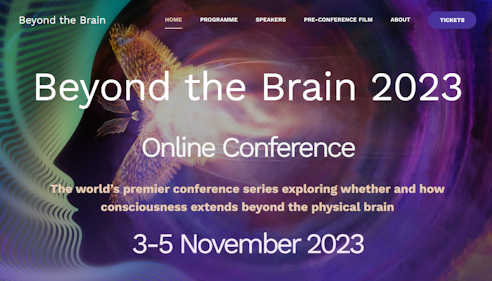
Beyond the Brain 2023 – Online Conference
Friday, 3rd November to Sunday, 5th November, 2023 onlineEvent description. I regard consciousness as fundamental, matter is derivative from consciousness. We cannot get behind consciousness. Everything that we talk about, everything that we regard as existing,...

Iain McGilchrist on The Divided Brain and Perceiving the Sacred
Running Time: 01:22:39
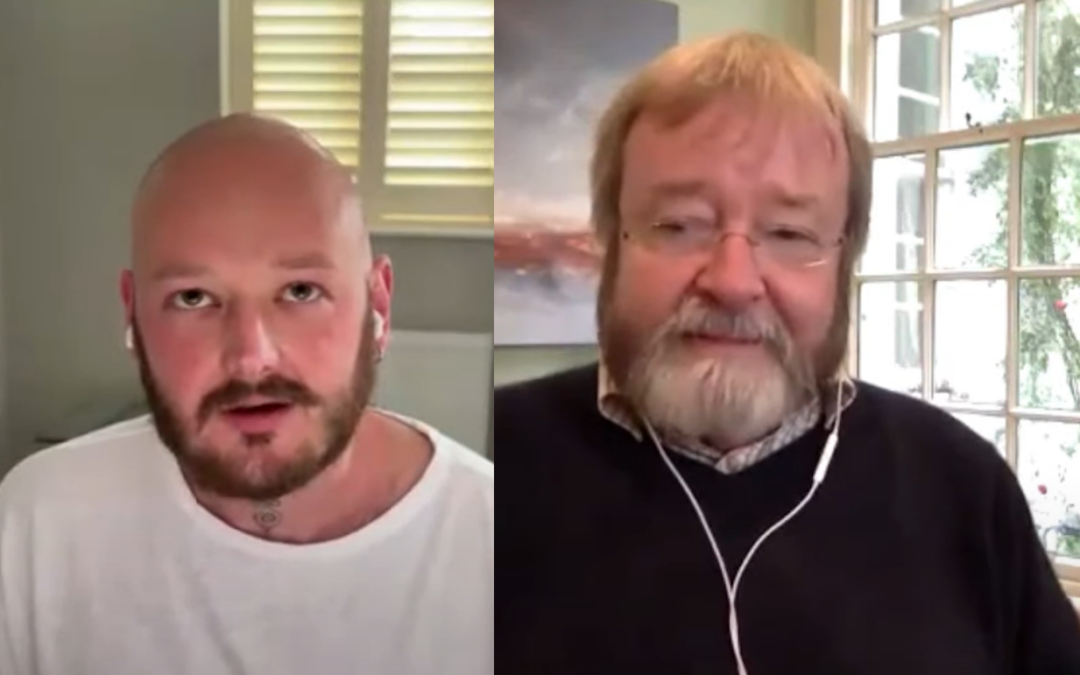
Bringing the world into being: •Episode 5• Iain McGilchrist
Running Time: 01:32:36

What inspired you? Iain McGilchrist, a contemporary spiritual thinker – by Dr Michael Evans
I begin with this quotation from the Introduction to The Matter with Things. In recent years I rejoined the Scientific and Medical Network in search of contemporary thinkers, outside the Anthroposophical Society, who appear to be awakening to the spiritual in the human being and the cosmos. They may consciously or unconsciously be representatives of the Spirit of our time – Michael. One such individual, I think, is Iain McGilchrist whose writings and interviews I have explored and would like to introduce in this article.
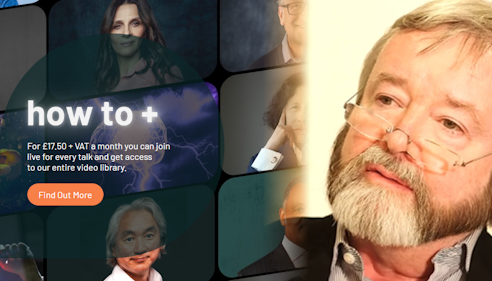
A New Philosophy of Life – Iain McGilchrist In Conversation With David Malone (live event)
Thursday, 2nd November 2023 6:45pm to 8.00pm (in person event) Event description. Join the philosopher and neuroscientist for a profound new story of what the world is and who we are. Iain McGilchrist’s book The Master and His Emissary was that rare thing: a...

Local Futures – Planet Local Summit, A celebration of the worldwide localisation movement
Friday 29th September to Sunday 1st October 2023 Event description. About The Planet Local Summit is a project of Local Futures, an international nonprofit and pioneer of the localisation movement. The Summit will shine light on localisation as a solution-multiplier...
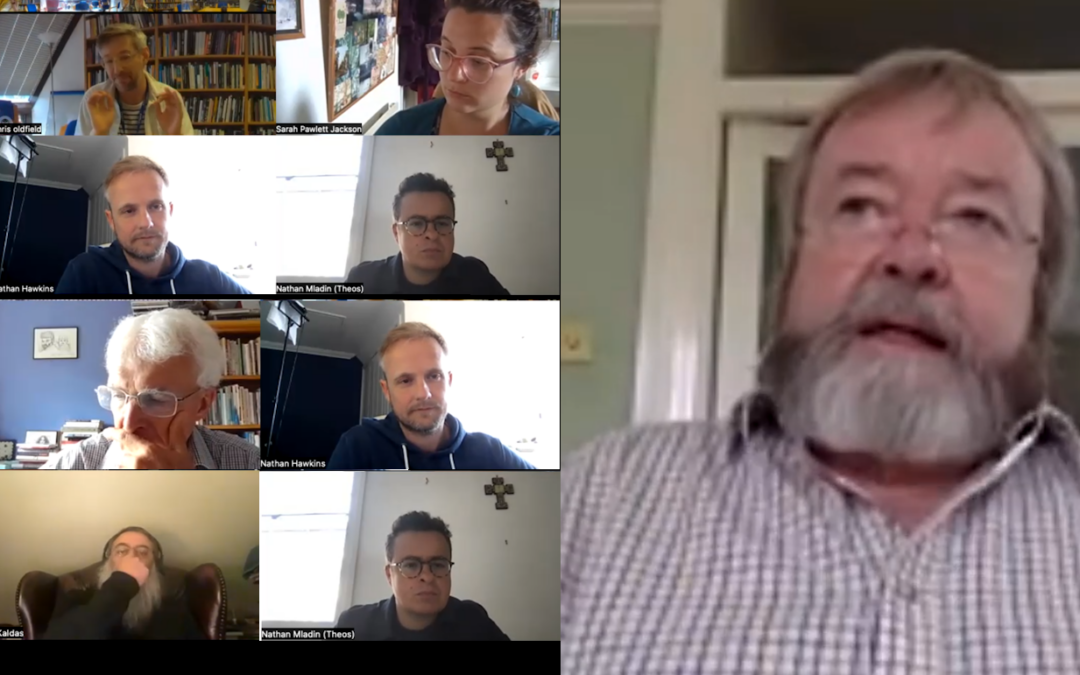
The Faraday Institute for Science & Religion, Q&A on The Matter with Things with Iain McGilchrist
Running Time: 01:18:23
Iain Mcgilchrist and the dilemma of right brain romanticism – by Sir Jonathan Bate
Nearly thirty years ago, Iain McGilchrist published a book called Against Criticism. What he was really against was the dominance of literary theory, as it was taking hold of the academic study of English at that time. The fashion was to begin with a theoretical...
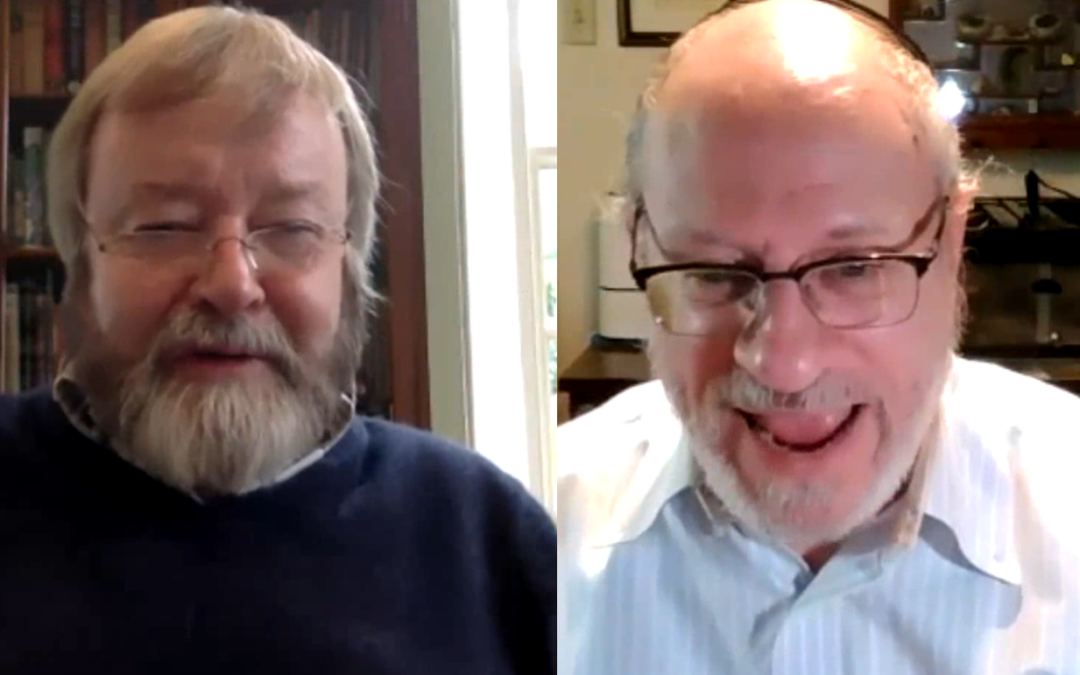
Right – Left Brain Worldviews and the Kabbalah – Iain McGilchrist & Hyman Schipper
Running Time: 01:14:39
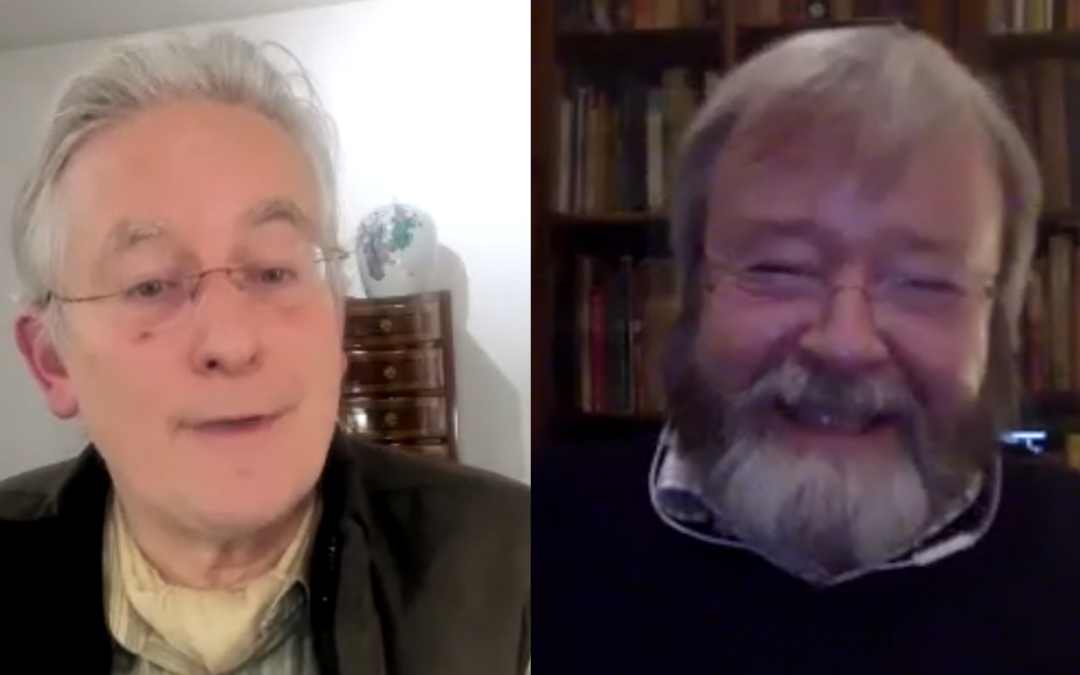
The Brain, the Sacred and the Soul – Iain McGilchrist and Thomas Steininger of Evolve
Running Time: 02:17:35
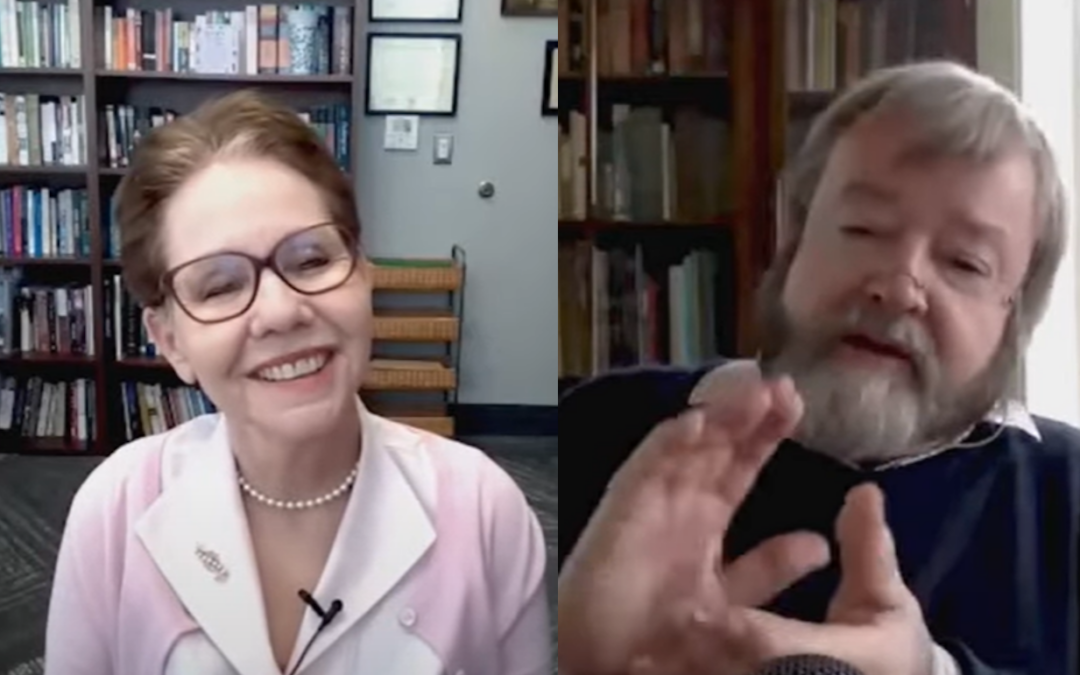
Iain McGilchrist, The Civil Discourse (Season 4)
Running Time: 00:26:45
“Oriente equilibró mejor las visiones de los dos hemisferios cerebrales” – con Jorge Fontevecchia
—¿cómo explica que la división del trabajo entre los dos hemisferios cerebrales pueda proporcionar información clave sobre la naturaleza humana? —Como prácticamente todos los animales, hemos evolucionado para tener dos centros de conciencia, no solo uno. Dos lugares...
Dr. Richard Cocks – References
References for Review of The Matter With Things – Richard Cocks Most references are Iain’s own from the book simply repeated in the review. If all that appears is a number in parentheses, then that is from The Matter With Things. My editor does not like footnotes, so...
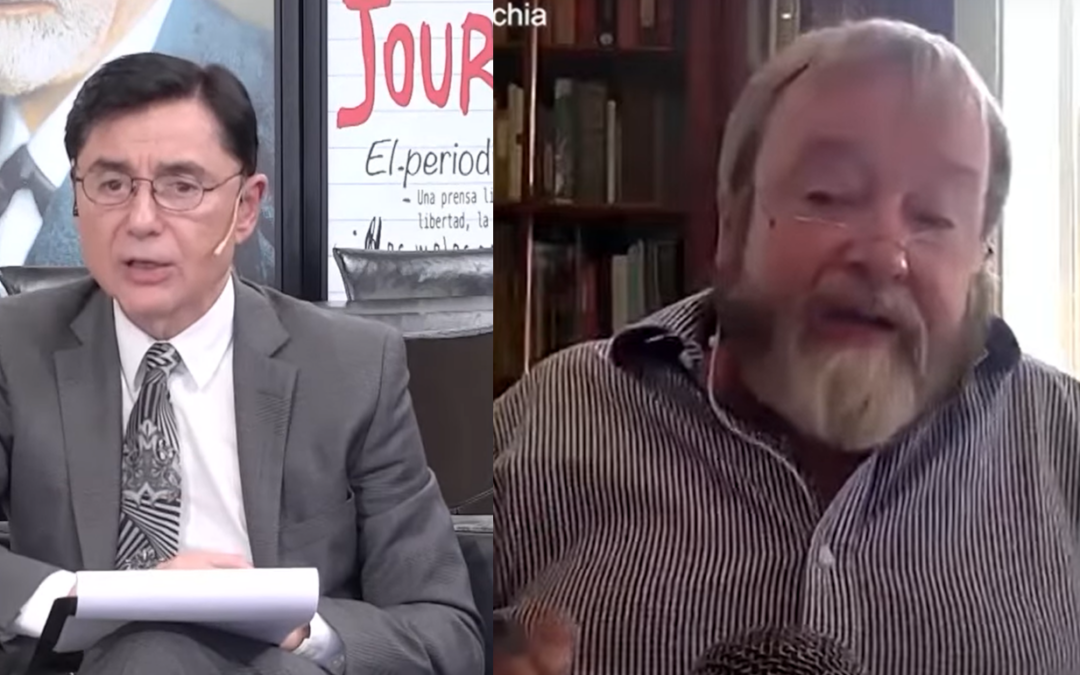
Iain McGilchrist con Jorge Fontevecchia – Entrevista Completa – Tiene una implicación moral la forma en que elegimos prestar atención al mundo: Periodismo Puro (Spanish voiceover)
Running Time: 00:59:38
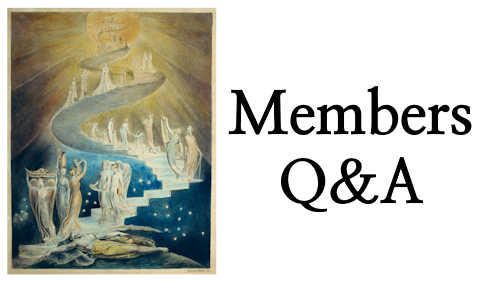
Members’ Q&A – 7th September 2023
7th September 2023 (6.00pm to 7.45pm) Event description This event is open to Channel McGilchrist members only. As a Channel McGilchrist member, you have the unique opportunity to put a question to Iain for a live Q&A session via Zoom. These Q&A's take place...
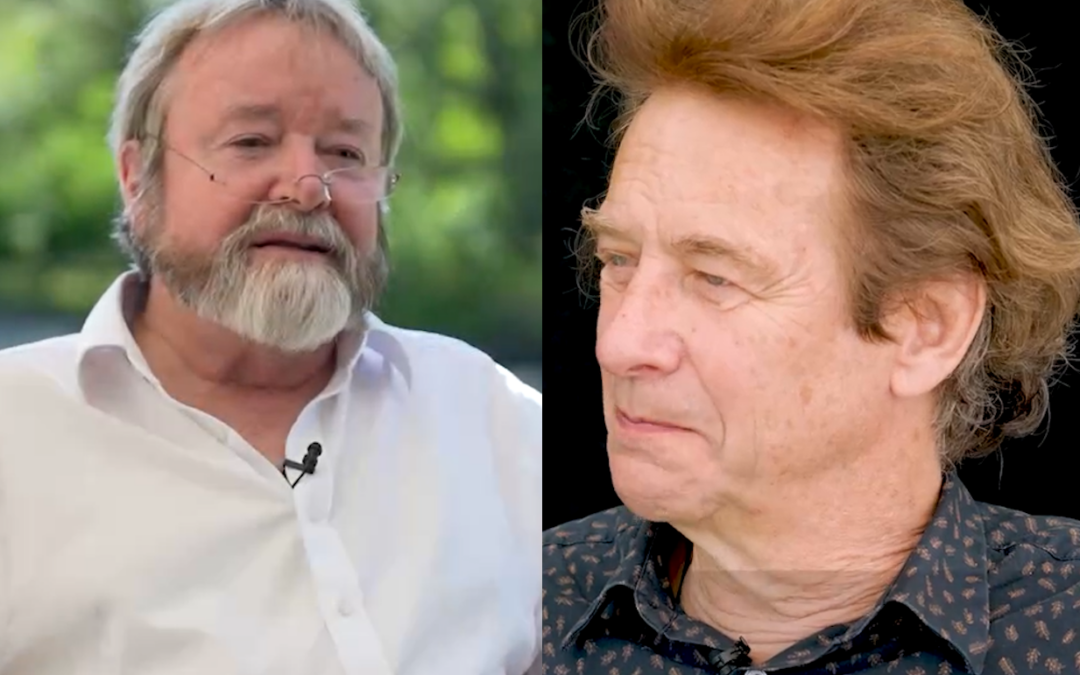
In Conversation: Iain McGilchrist and Hilary Lawson – Philosophy of our Time (iai)
Running Time: 00:17:27

Iain McGilchrist: “Oriente equilibró mejor las visiones de los dos hemisferios cerebrales”
Es psiquiatra, filósofo y neurocientífico, dedicó toda su vida al estudio de la relación mente-cuerpo, se formó en medicina y en sus libros intenta explicar cómo los humanos podemos vivir y comprender el mundo real reuniendo la filosofía, la física y la neurociencia para crear una visión única de nuestra realidad; demoliendo el mito de la teoría de los hemisferios cerebrales y encontrando una singular interpretación para ciertas formas de entender el universo.

Iain McGilchrist: “Tiene una implicación moral la forma en que elegimos prestar atención al mundo” con Jorge FontevecchiaIain
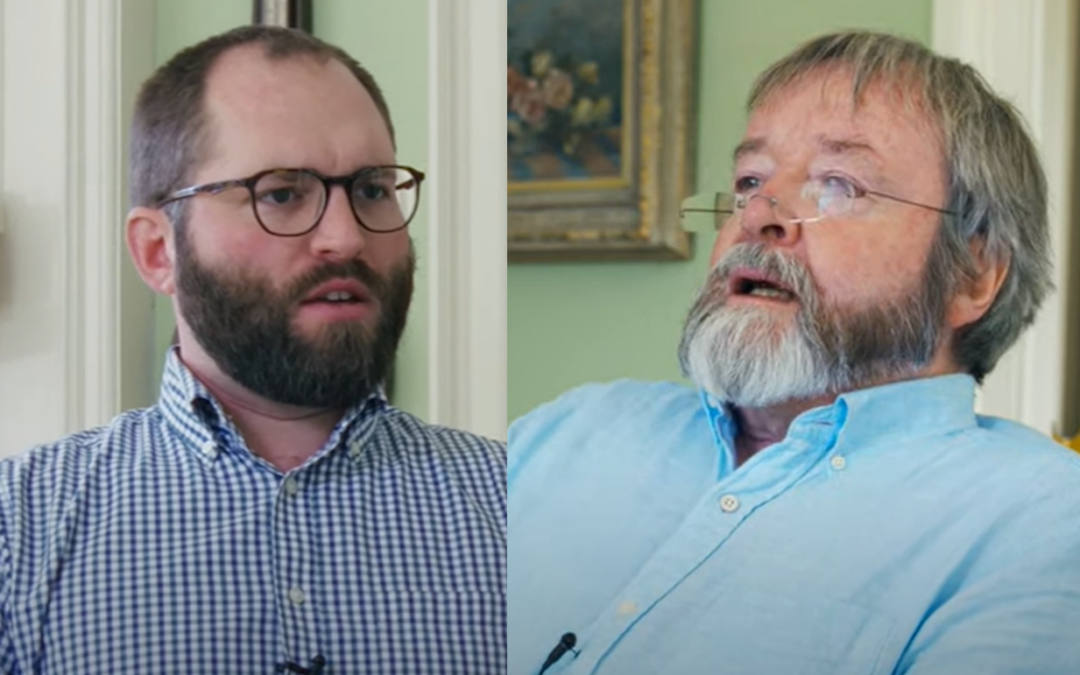
Symposia | Episode One: Turning the Tide | Dr Iain McGilchrist – The European Conservative
Running Time: 00:59:43
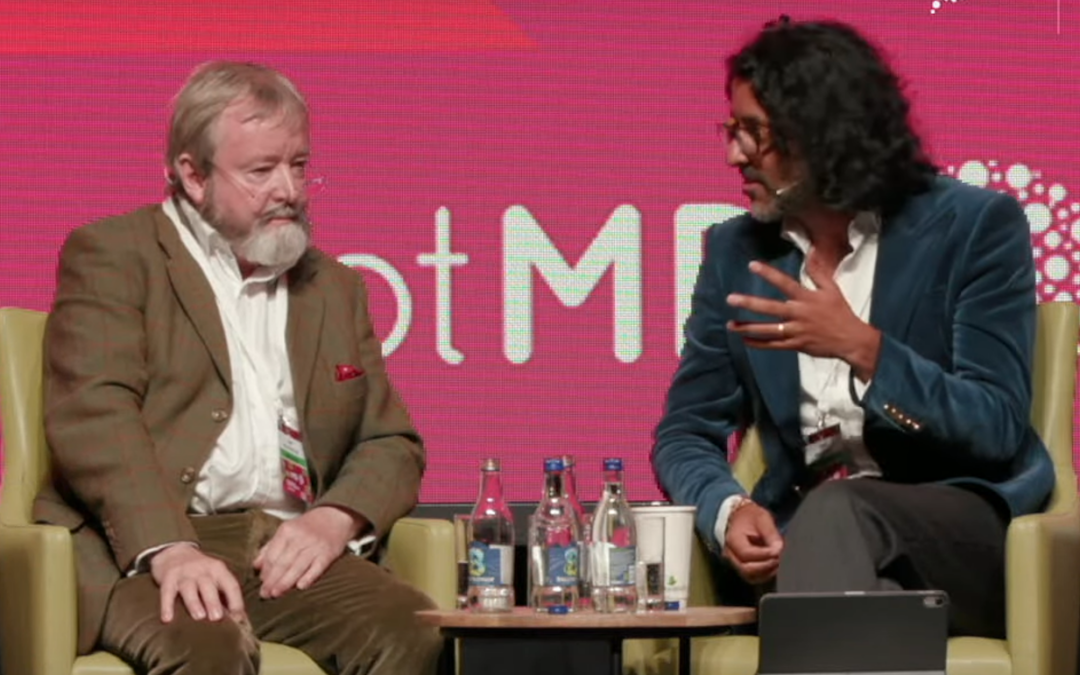
Dr. Ian McGilchrist in conversation with Dr. Ash Ranpura
Running Time: 00:50:43
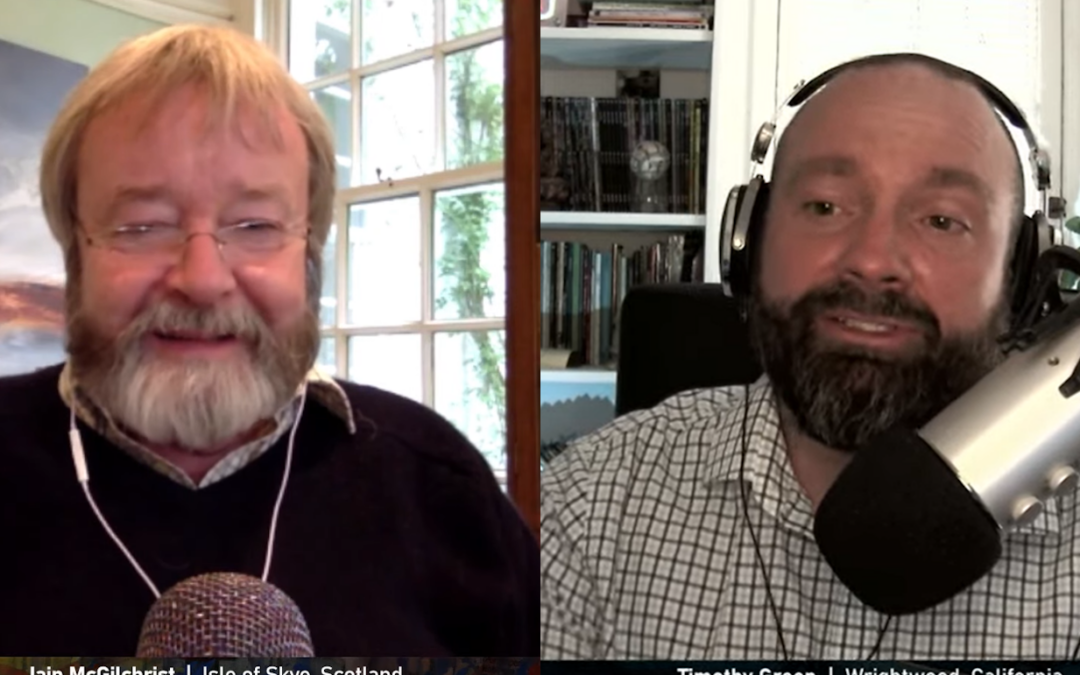
A Conversation with Iain McGilchrist | Rattle Poetry
Running Time: 01:07:48
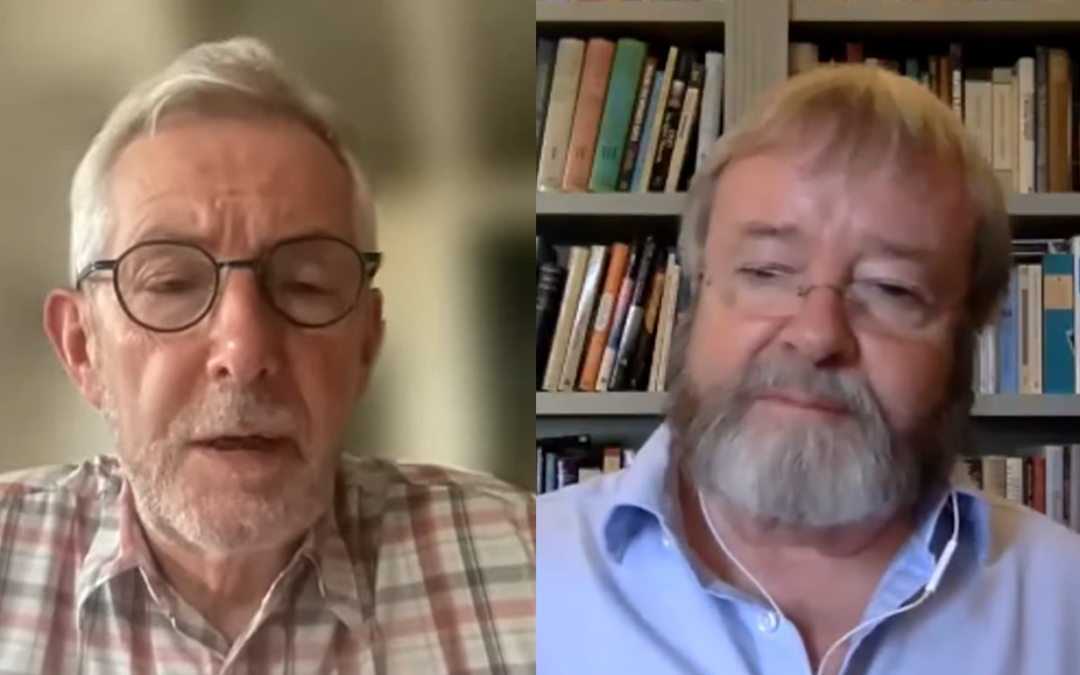
The Beshara Lecture – the Coincidence of Opposites
Running Time: 01:04:05
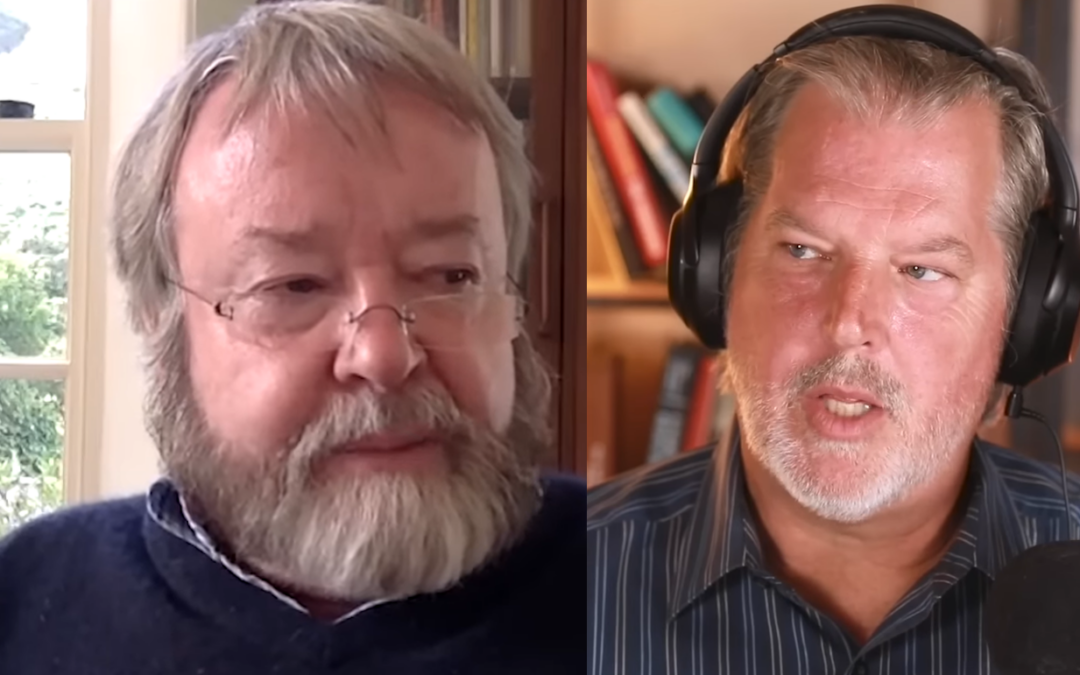
Iain McGilchrist: “Wisdom, Nature and the Brain” | The Great Simplification #85 with Nate Hagens
Running Time: 01:53:13

Beyond Our Delusions: On Iain McGilchrist’s “The Matter with Things” by Andrew Louth
Introduction: Book review by Andrew Louth is professor emeritus of patristic and Byzantine studies at the University of Durham; IAIN MCGILCHRIST’S The Matter with Things is a sequel to his previous volume The Master and His Emissary: The Divided Brain and the Making...
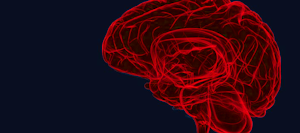
Iain McGilchrist vs Scott Barry Kaufman, The Right Brain is Essential to Creativity: IAINews
In response to Scott Kauffman’s article yesterday arguing the right-left brain hemisphere split isn’t true, the main proponent of the view, Iain McGilchrist responds

To ‘See’, or not to ‘See’: That is the Question. Moving on from a Half-Brained System of Economic Governance: The Regulatory Policy Institute Research Group
The underpinning thesis of this Essay is that practically useful knowledge concerning economic governance, and governance more generally for that matter, can be acquired by study of the structure and functioning of the human brain. The arguments have some resonances with, inter alia: the ancient microcosm-macrocosm analogy in philosophy, the brain being the microcosm and the governance system (‘Leviathan’s brain’) being the macrocosm; the Apollo/Cassandra story in Greek mythology; and much more recent mathematical analysis of self-similar systems, most notably in relation to fractals. They lead us to call for a new and better ‘Gestalt’ when thinking about the organisation of the structure and conduct of economic policy. The arguments follow a path already beaten in the development of AI, in the course of which major advances have been made via the study of neural networks and their use as analogies and sources of insight. No similar path has been trod in thinking about governance: as the 2nd President of the United States put it in his own time, the science of government has been “at a stand”.
Hutchinson and G. Yarrow, “To ‘see’, or not to ‘see’: that is the question. Moving on from a half-brained system of economic governance”, Essays in Regulation NS13.1, Regulatory Policy Institute, Oxford, 6 July 2023.
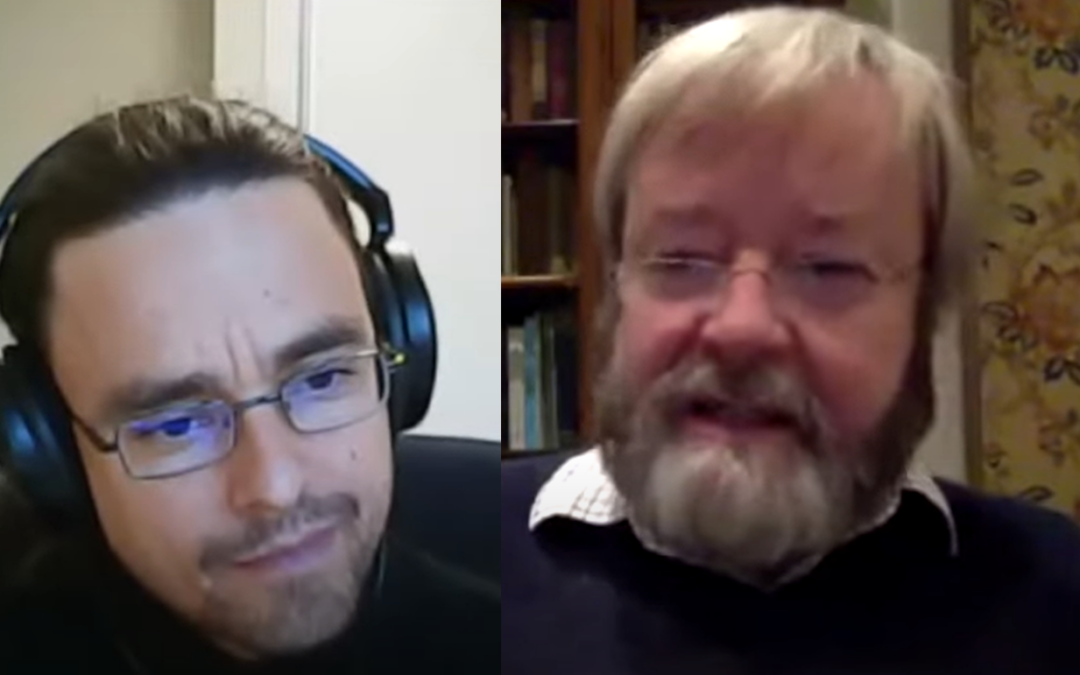
A Conversation with Dr. Iain McGilchrist – The Future Scientist with Dr. Alex Gomez-Marin in Conversation with Dr. Iain McGilchrist
Running Time: 00:54:08
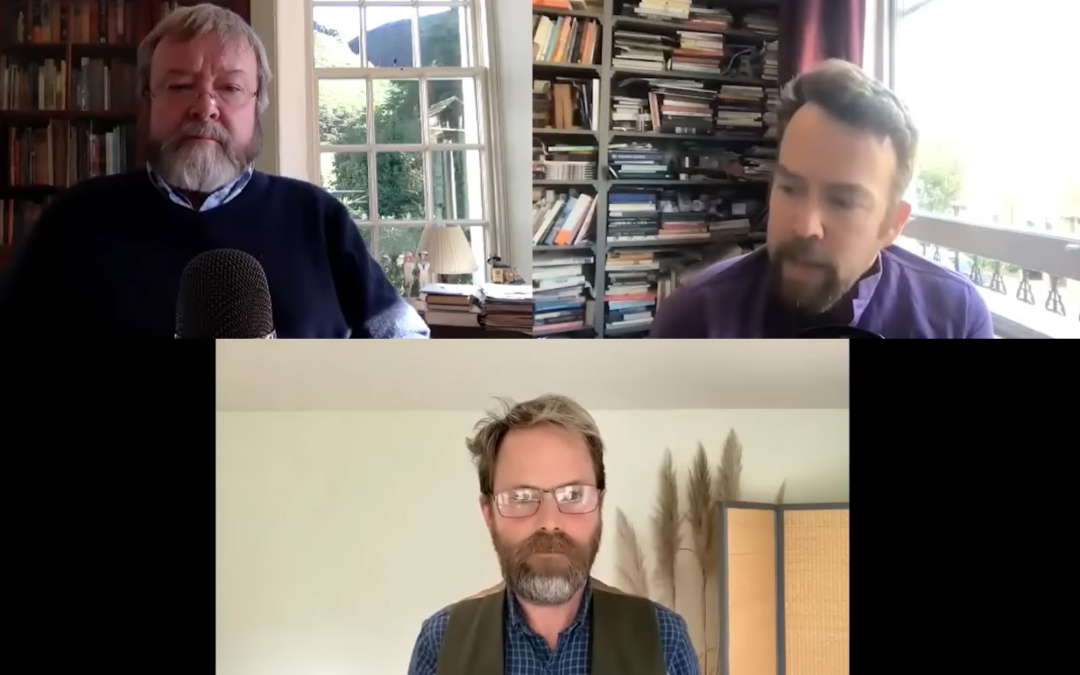
Iain McGilchrist & Rupert Read in Conversation: Are We in a War Against Life?
Running Time: 01:44:30
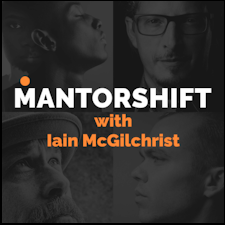
MANTORSHIFT #44 Brain Matters with Iain McGilchrist
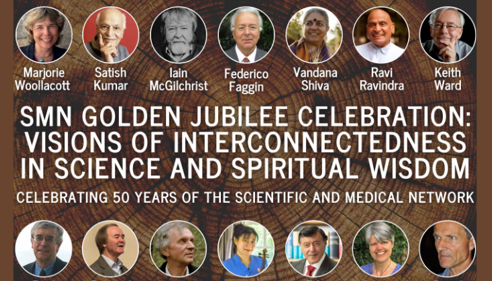
SMN Golden Jubilee Celebration – Visions of Interconnectedness in Science and Spiritual Wisdom (in-person & online event)
5th July 2023 An in-person and live-streamed event to celebrate 50 years of the Scientific and Medical Network Event description. We warmly invite you to come in person or attend online to celebrate the Golden Jubilee of the Network! We have put together a series of...
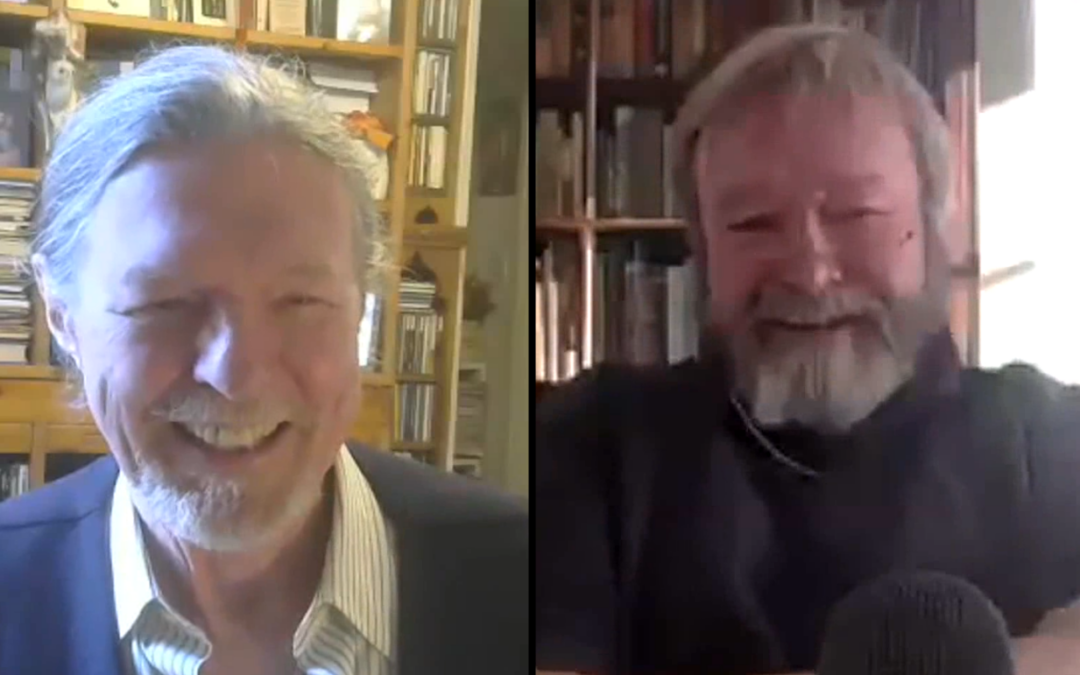
Wonder and Enchantment – Iain McGilchrist and Patrick Curry
Running Time: 01:29:00
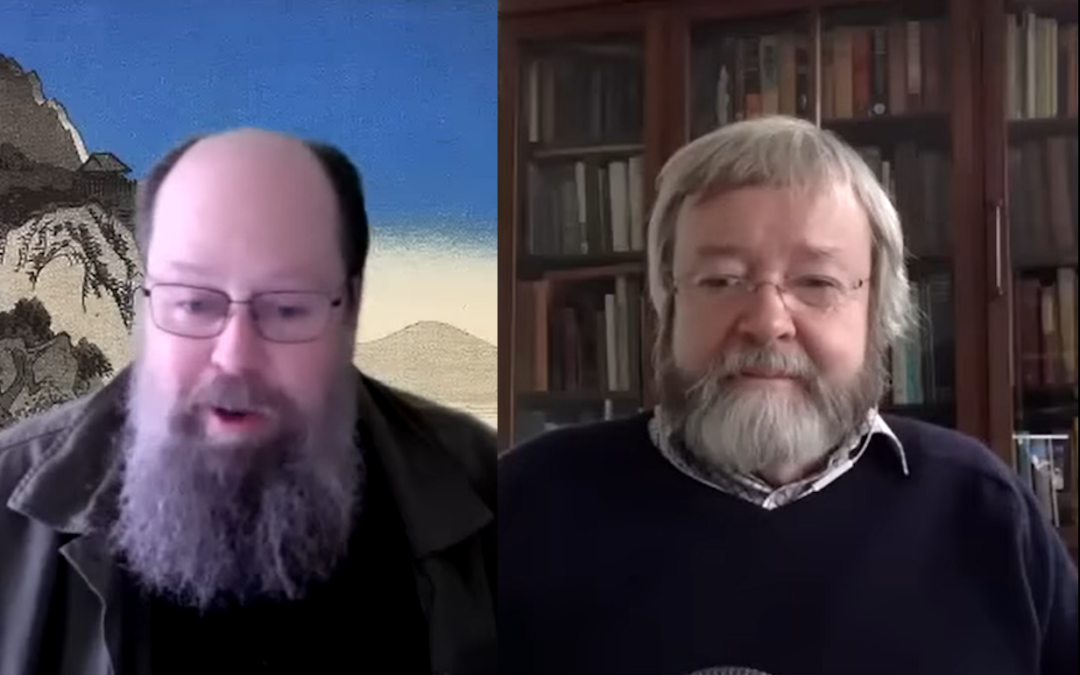
A Conversation Between Iain McGilchrist and David Bentley Hart
Running Time: 01:59:45
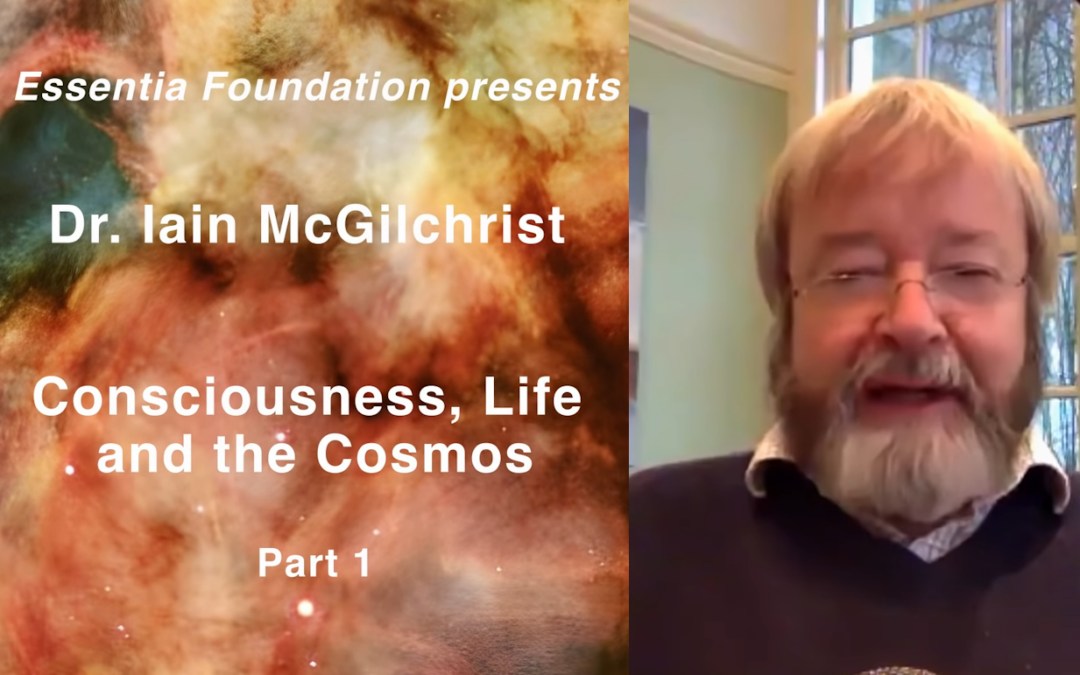
The role of consciousness in nature: An interview with Dr. Iain McGilchrist, Part 1
Running Time: 00:46:46
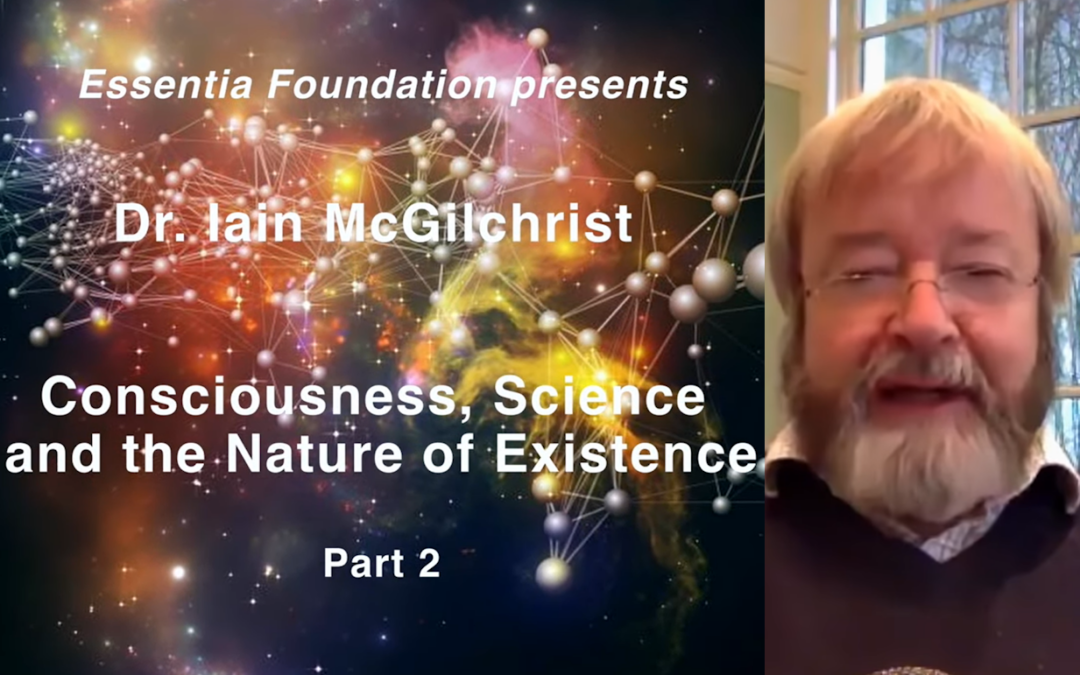
The role of consciousness in nature: An interview with Dr. Iain McGilchrist, Part 2
Running Time: 00:31:39
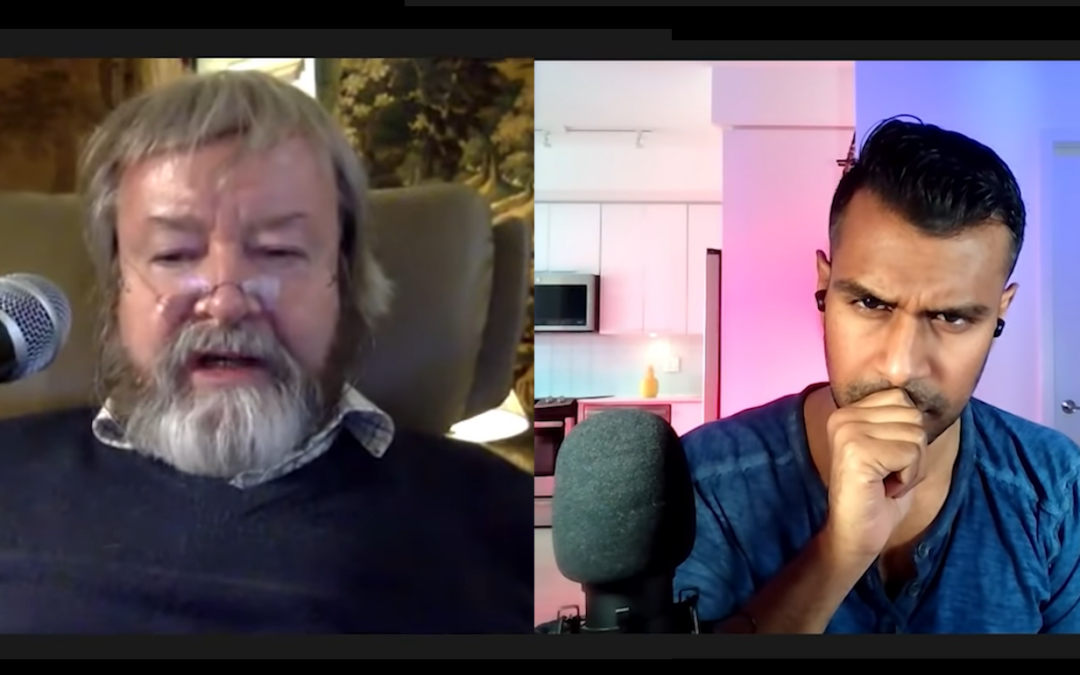
Iain McGilchrist: Schizophrenia, & The Limits of Reason
Running Time: 02:55:35
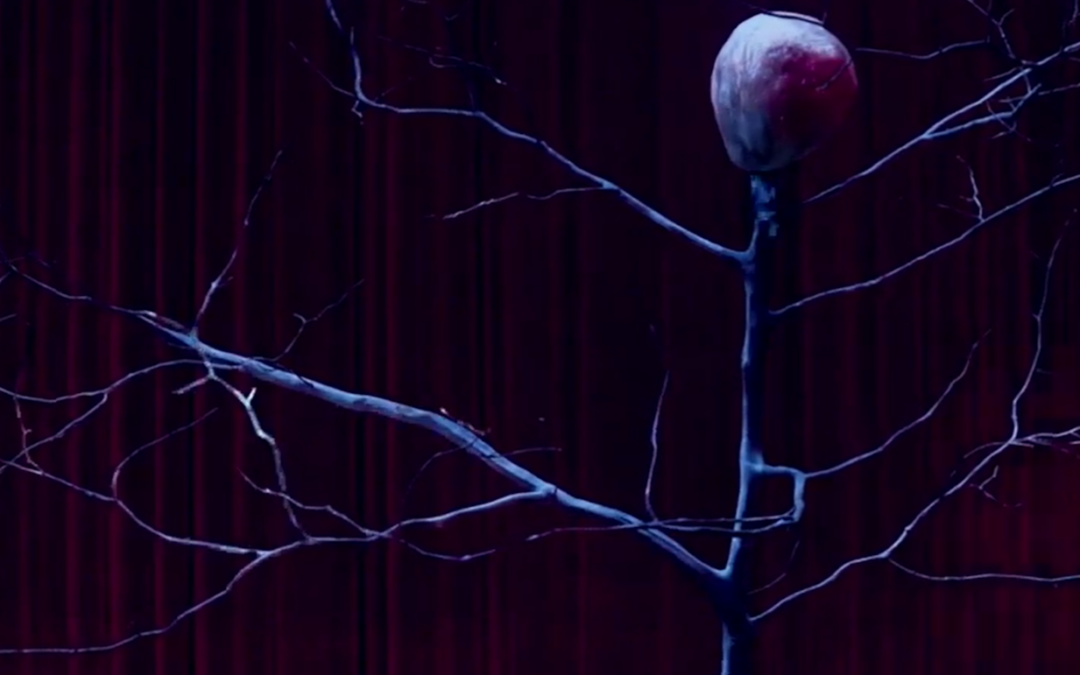
The Mind-blowing Impact of “Balancing Hemispheres”: Ideas of Iain McGilchrist & the BioIndividual
Running Time: 01:49:10
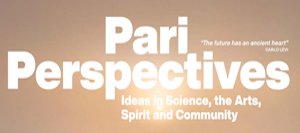
Recovering the Sacred, Recovering the Soul: Session 1 of the ‘Recovering the Sacred’ online series – Pari Perspective
According to Laozi:
He who knows does not tell and he who tells does not know.
The power of unknowing and not doing is celebrated in Chinese philosophy. Also in the Western tradition. For example, Meister Eckhart in one of his sermons speaks of the attainment by the soul of darkness and unknowing and he imagines a bystander asking him:
‘But what is this darkness and unknowing and what is its name?’ To this he replies, ‘I can only call it a loving and open receptiveness which however in no way lacks being. It is a receptive potential by means of which all is accomplished.’
This suggests the fertility of union between a creative principle and a receptive, womb-like space in which something is to grow: a process. It’s of this encounter, this process, that I wish to speak today.
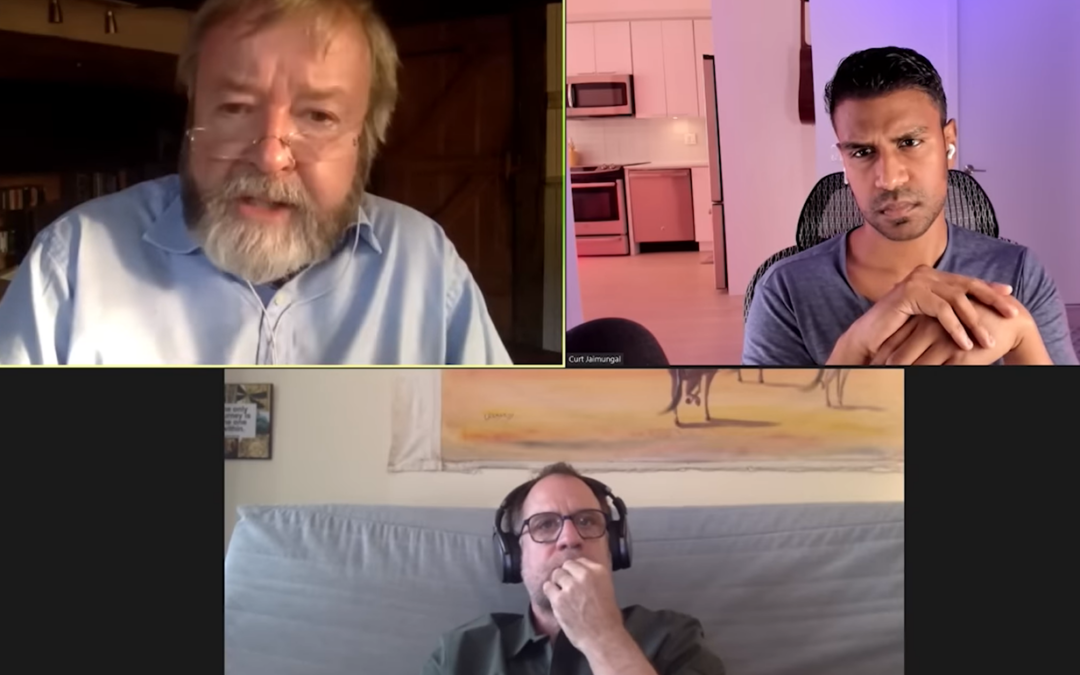
Iain McGilchrist Λ John Vervaeke: God, Being, & Meaning
Running Time: 02:11:27
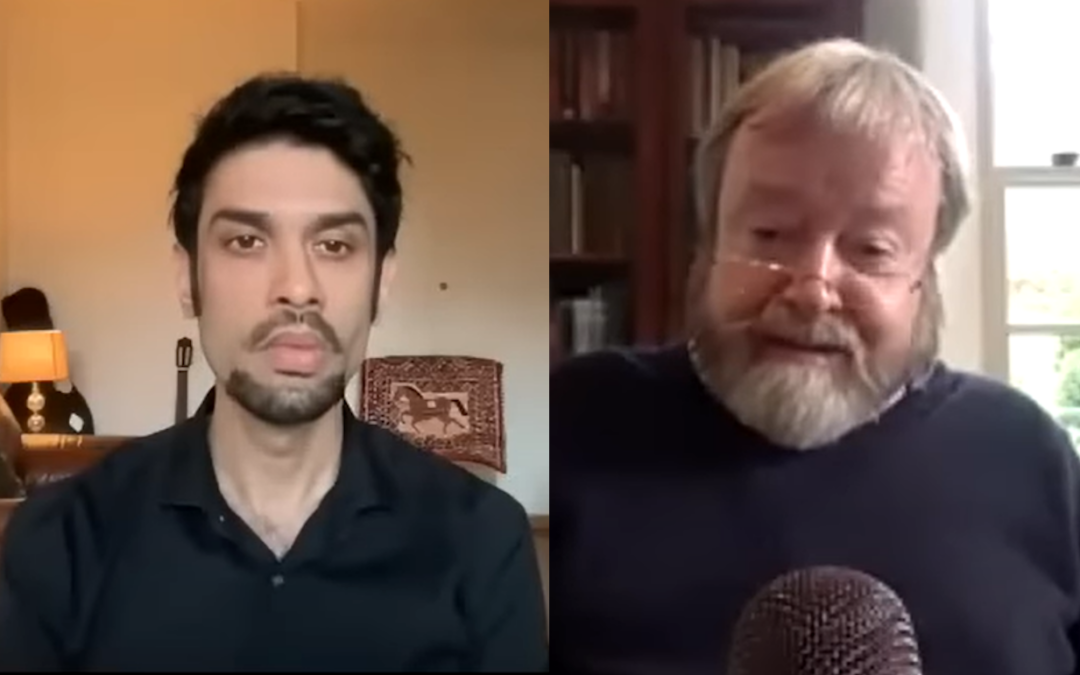
Attention and Worldview in International Development, Iain McGilchrist & Ameer Shaheed
Running Time: 01:40:11
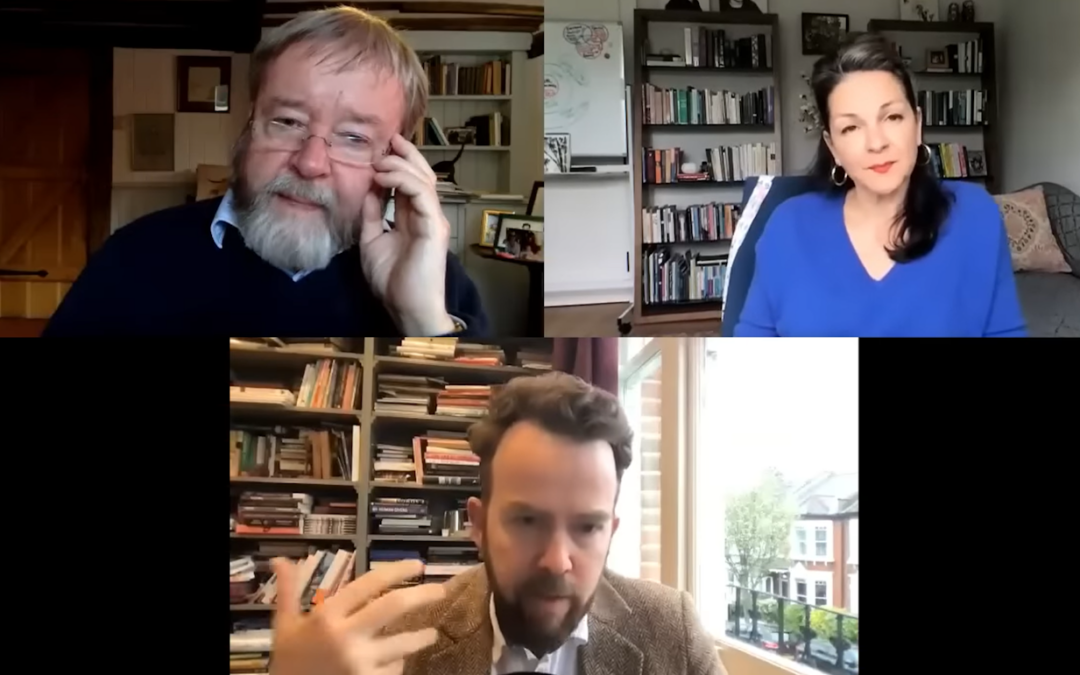
Iain McGilchrist & Isabela Granic: Intergenerational Wisdom for a World Unravelling
Running Time: 01:39:45
